Integrating cutting-edge AI technology into educational environments has sparked a transformative shift, enhancing traditional learning methods and personalizing the educational experience. From intelligent tutoring systems to data-driven insights, AI’s presence in schools is reshaping how students learn and educators teach.
Did that introduction sound like something an average high school student would write? Surprise! It’s not; this was written by the ever-so-famous, ChatGPT. Over recent months, artificial intelligence has become prevalent at school, work, and on social media. Although it may seem like a blessing to stressed out students who just want to finish that one, boring assignment, AI has instilled bad habits in the study practices and motivation of students across the globe.
According to a recent poll completed by 85 Carrollton Upper School students, approximately 33.1% of them use AI for organization, inspiration, advice, or explanation of difficult topics; however, 71.8% of students use AI for writing essays, short answers, emails, speeches, and even doing their homework for them.
Students’ response to this survey shows that many are asking a troubling question: Why do my assignments on my own when I can just have ChatGPT do my homework for me? Well, I hate to break it to you, but teachers know when you copy-paste a perfectly written essay onto a Google Doc and submit it, thinking you just cheated the system. The elevated vocabulary, perfect sentence structure, and information provided by these generators make it effortless to spot plagiarism, and when you get caught, teachers see the lack of energy you put into assignments as you disregard basically the entire point of school.
But AI might not be all bad for our learning. Even teachers are still processing what it means for education. “I honestly have mixed feelings on AI when it comes to academia,” said Ms. Haines, AP environmental science and chemistry teacher. “On one hand, it can be a wonderful tool to use for examples on how to set up a report properly, which has been helpful for many of my students. On the other hand, plagiarism has become extremely common, and students are not learning the skills they need to use to be successful in college as well as the standardized tests.”
Other teachers have found ways to avoid the AI problem entirely. “I have not had any experience because my students never do anything outside of the classroom,” said Sra. Romero, International Baccalaureate Spanish teacher. “In the IB program, they noticed a long time ago that in a written section that was on the computer, there was a lot of plagiarism. They took this section out because they did not know if the student wrote it or the computer did.”
According to Carrollton’s AI policy, “While these types of resources can be helpful as learning tools, it is essential to use them responsibly and ethically.” This policy outlines the different methods of AI usage and how to cite AI. If allowed by their teacher, students are not permitted to claim AI-generated work as their own, nor are they allowed to use it without proper citation. If this policy is violated by a student in any way, it will be “treated as a violation of the academic integrity policy.”
Students often reference AI and take credit for the work it did for them, and these users can’t help but wonder: Where did it get all this information from? It can’t possibly create the perfect answer to every question on its own.
AI essentially compiles information from the research and efforts of real people who dedicated days, months, and even years, to reach the conclusion they published for the world, and it is all being regurgitated by a computer within seconds.
Ms. Stojsic, IB and Advanced Topic literature teacher emphasizes that AI “is the death of creativity,” bringing up the famous thinker, Paul Kingsnorth, who created a Substack publication named “The Abbey of Misrule,” where he writes about the importance of not conforming to the world around you and emphasizes the urgency of individuality and self thought.
AI also mostly provides general knowledge of any question asked of it, excluding the analysis and depth behind the question, stripping away the individuality of the writer who is using it. “Many things I’ve read generated from AI fall flat and feel like echoes of another person; it only has a singular voice,” said Mrs. Astigarraga, Upper School English teacher and chair of the English department. Mrs. Astigarraga highlights that we, as humans, have a physical voice, as well as a writing voice, which has more potential than we think.
We normally write much more eloquently than we speak, but this highlights the many different voices we have, something that is suppressed in AI usage. Our minds analyze everything we see and hear, and as much as we may think the essays we write lack insight or depth, our voice is oozing out of each sentence. “I would rather my students use AI as an editor or a launching pad rather than a creator or manufacturer,” said Mrs. Astigarraga.
Personally, I see both perspectives. AI has changed the game for me when it comes to essay structure, organization, and helping answer those niche questions that Google may not have straightforward answers for. However, there is no doubt that it has produced a sense of laziness in regard to homework completion and classwork. The constant knowledge that I have AI just a click away allowing me to create a perfect assignment with minimal effort is tempting, but I can’t help but feel unaccomplished whenever I use it.
Although crossing things off of my to-do list is undoubtedly the most satisfying part of my day, if I do not fully complete those assignments to the best of my ability and on my own, I won’t feel truly accomplished, which is why I stray away from AI as much as possible.
Opinions on AI technology are varied, but although it can help in many ways, it can also lessen your ability to retain information and genuinely understand, rather than just copy-pasting to get an A.
Also, I don’t know about you, but I wouldn’t feel comfortable knowing that our future doctors and engineers are making their way through their college degrees because of AI rather than their own knowledge!

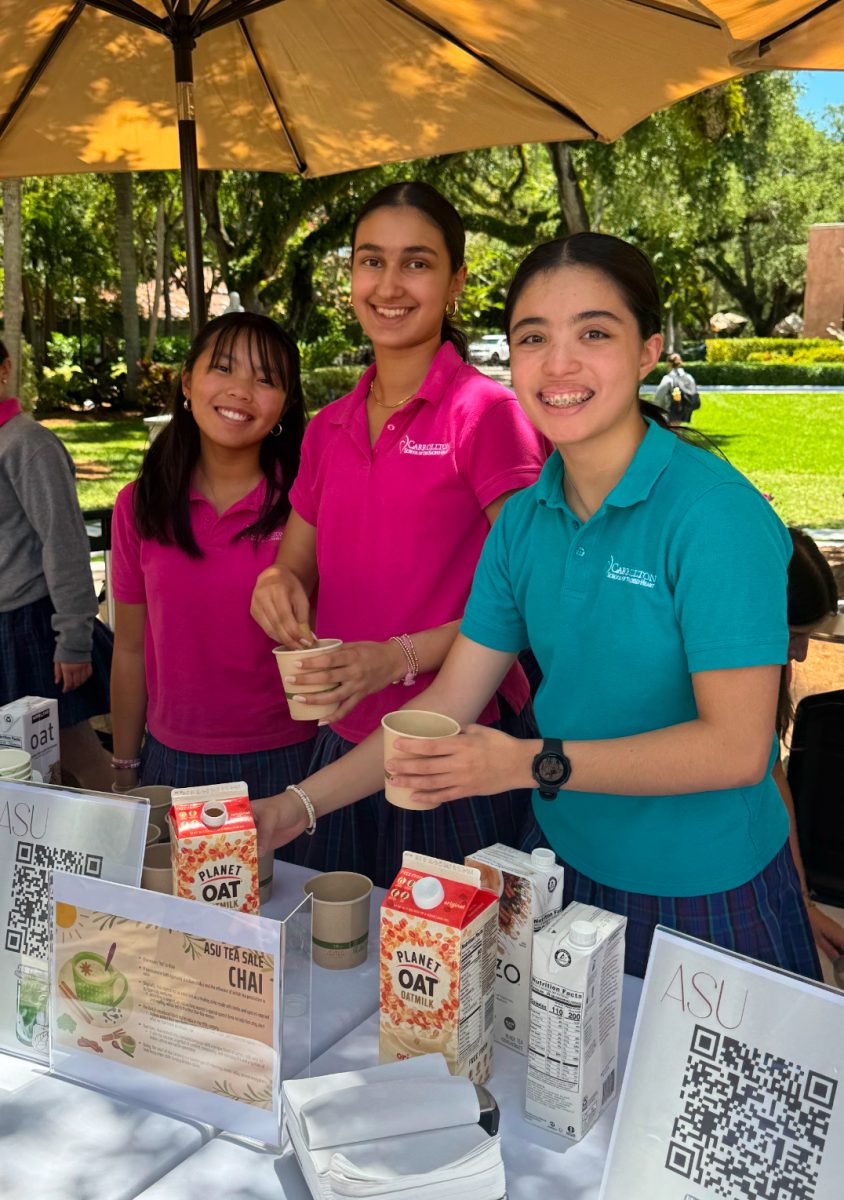
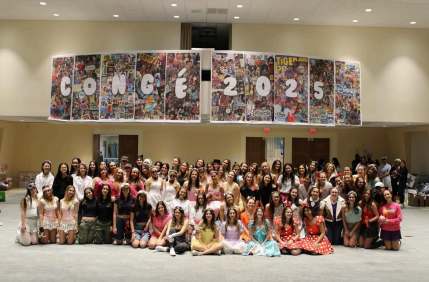




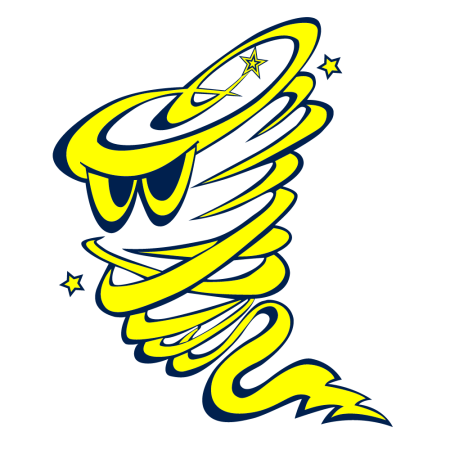
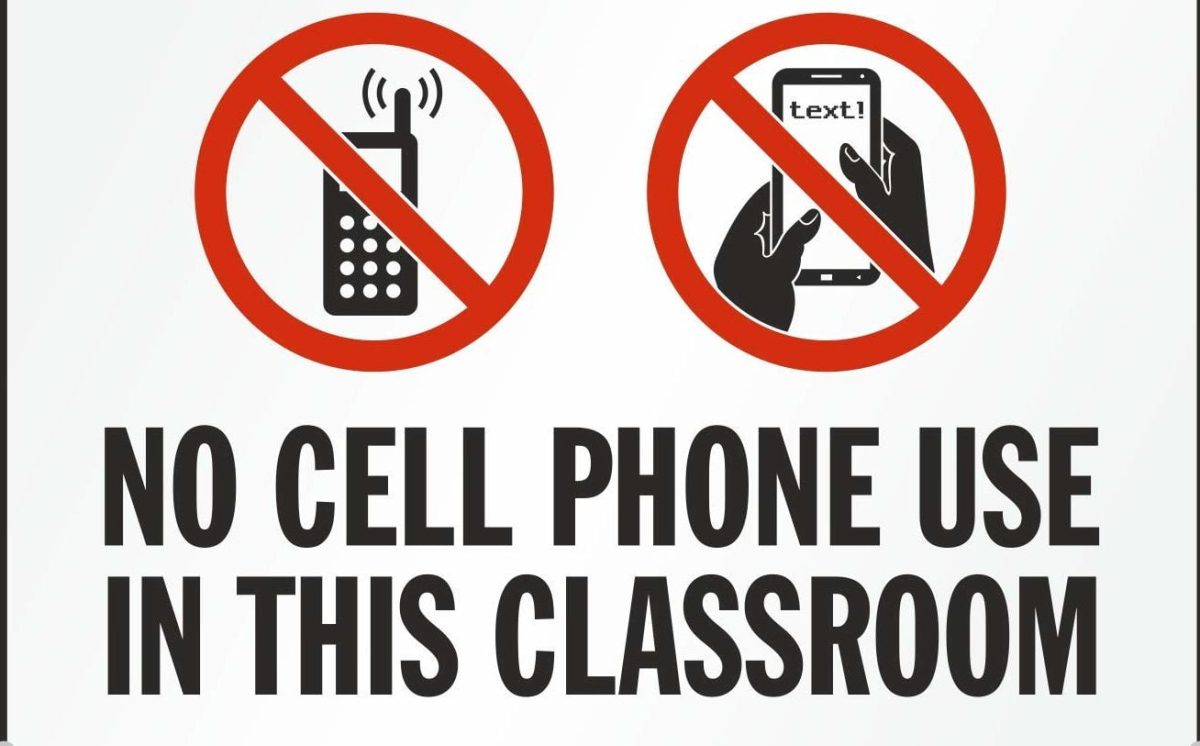
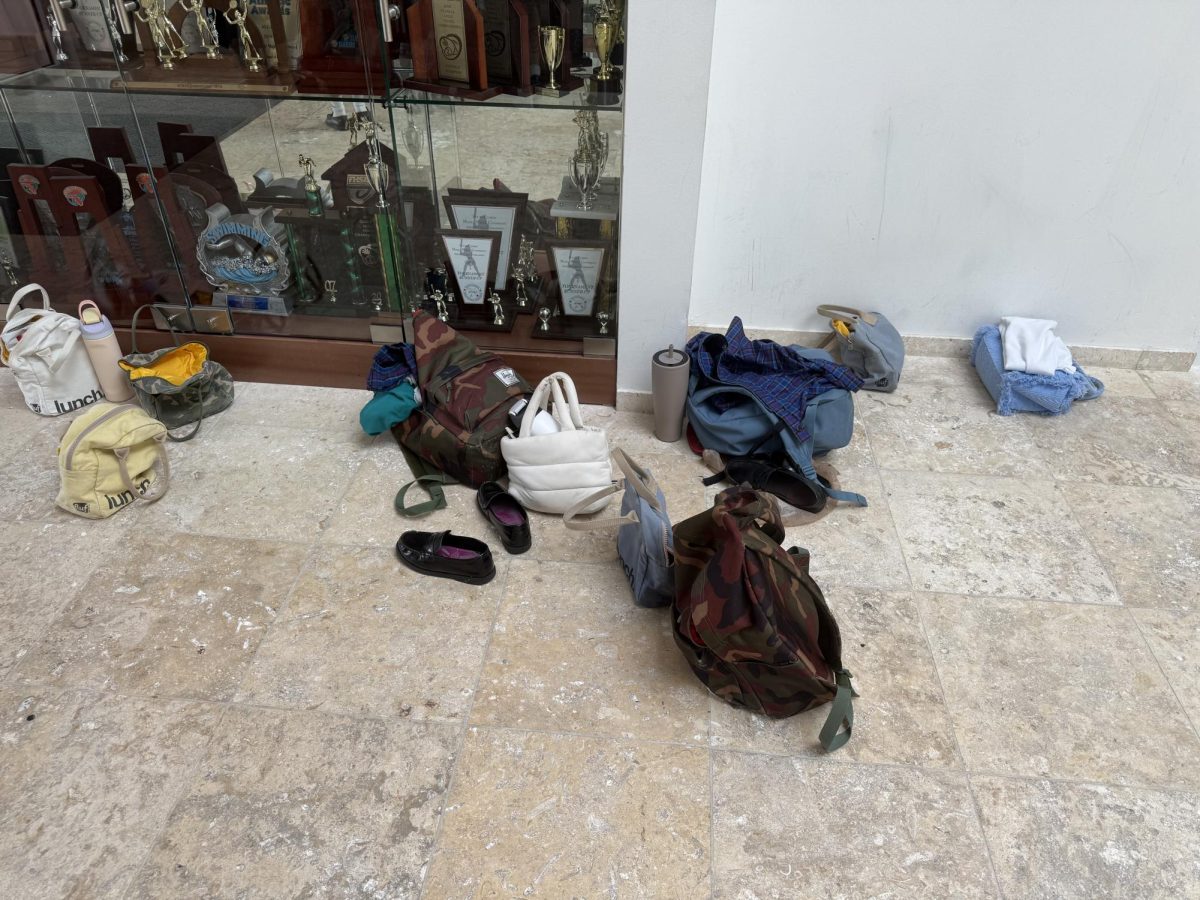









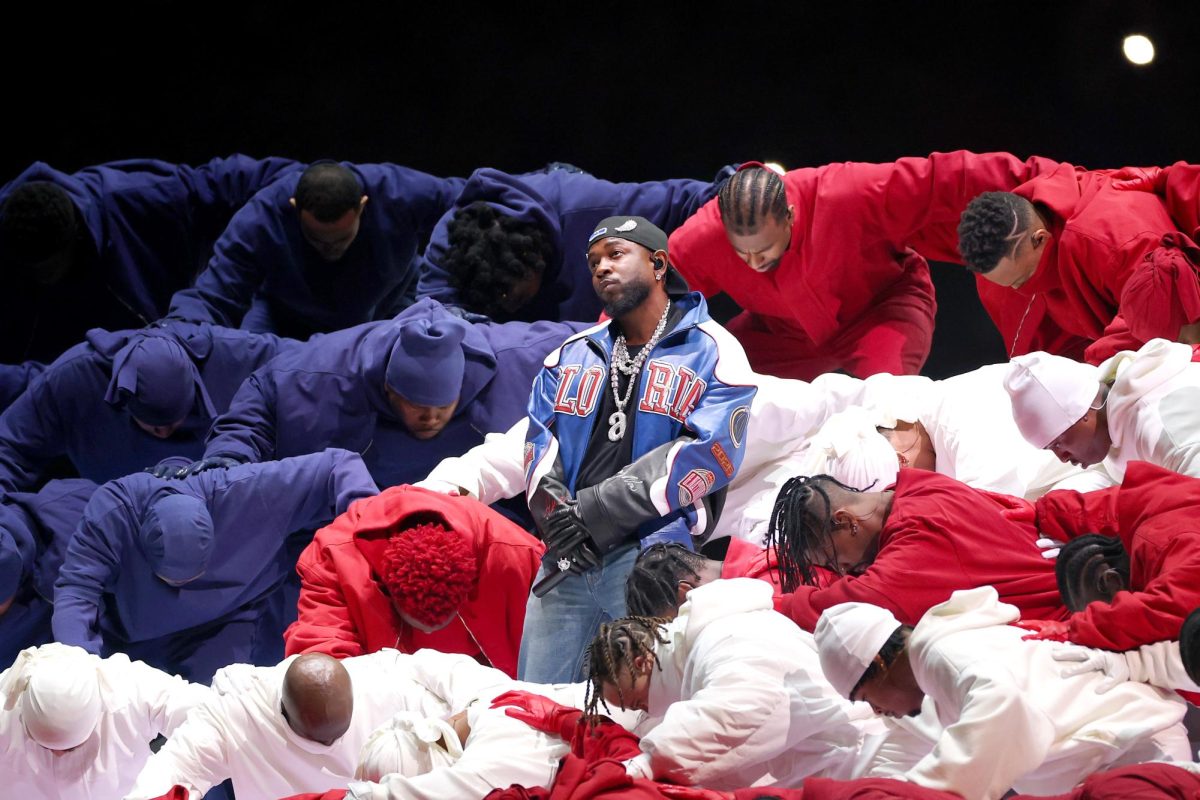

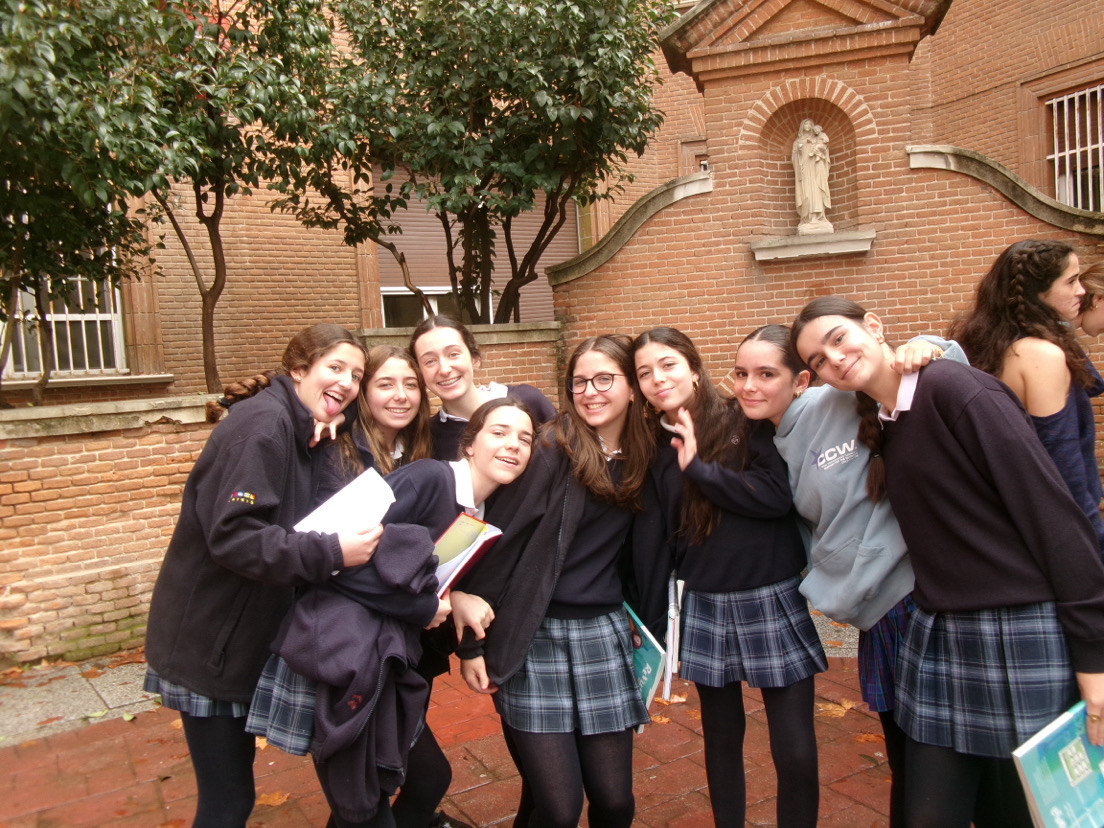


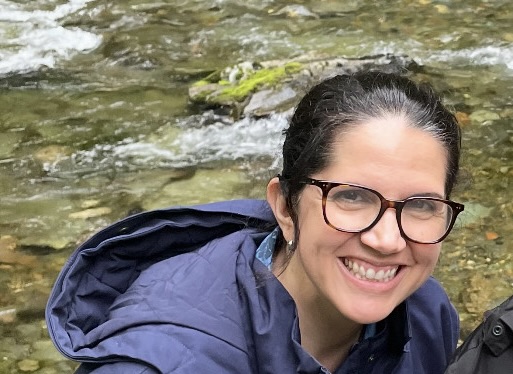

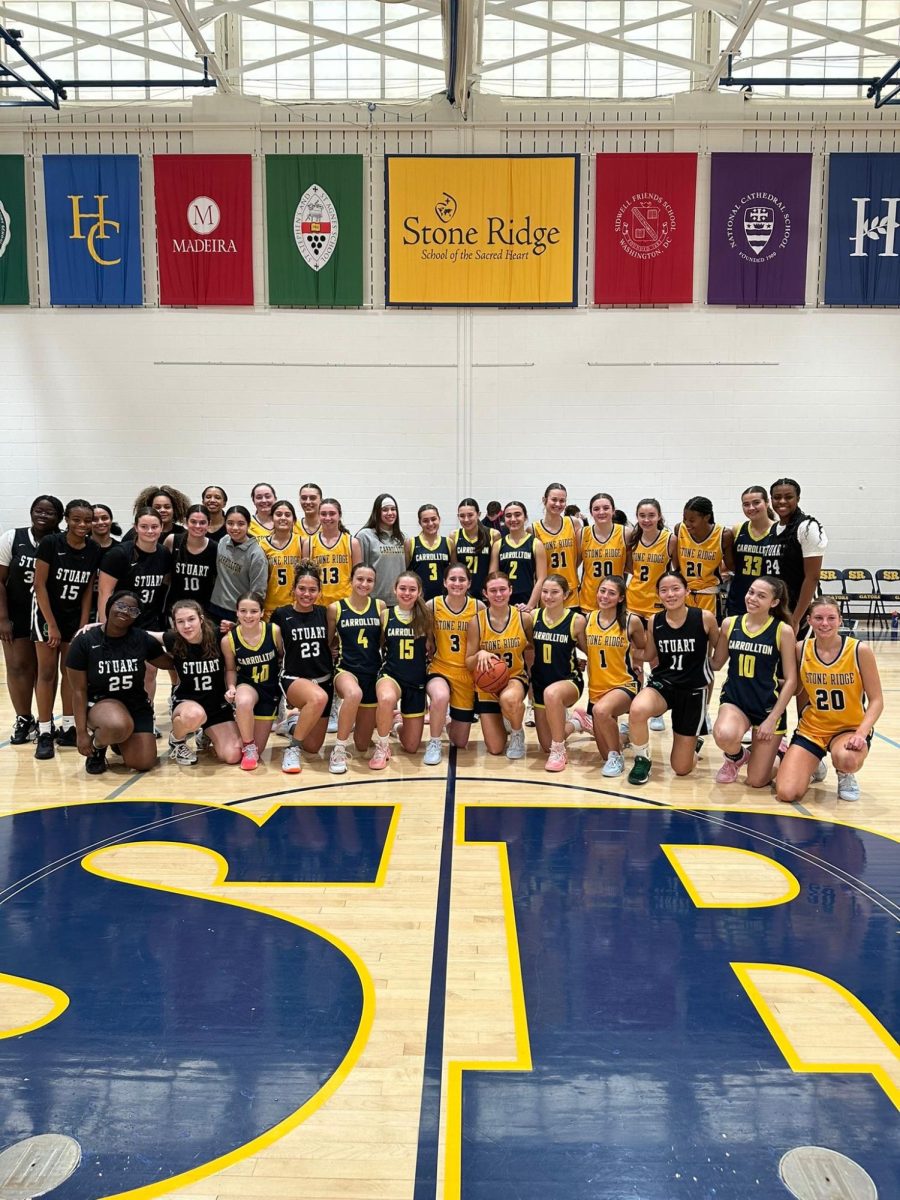

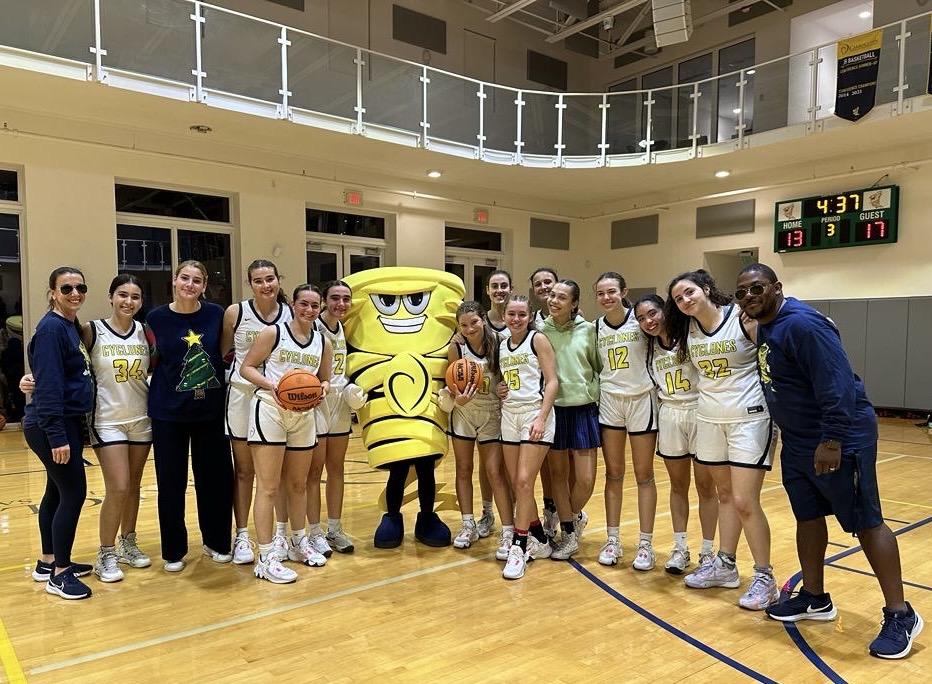
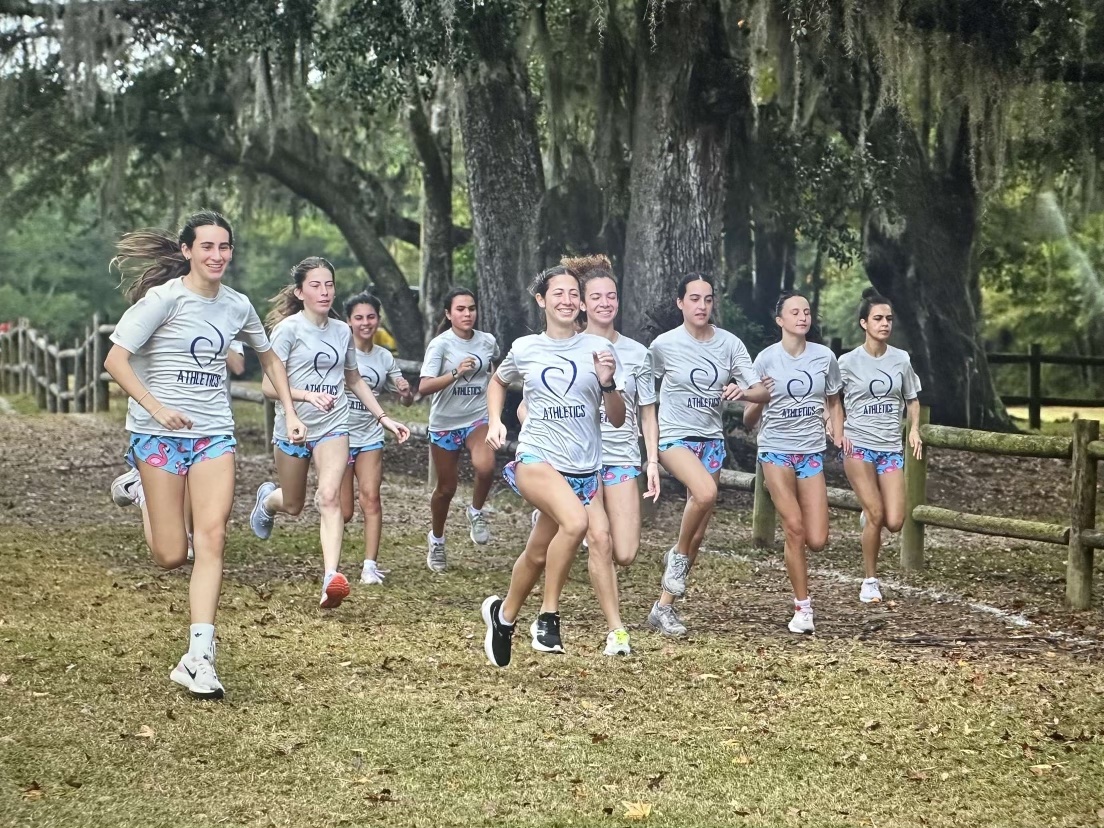

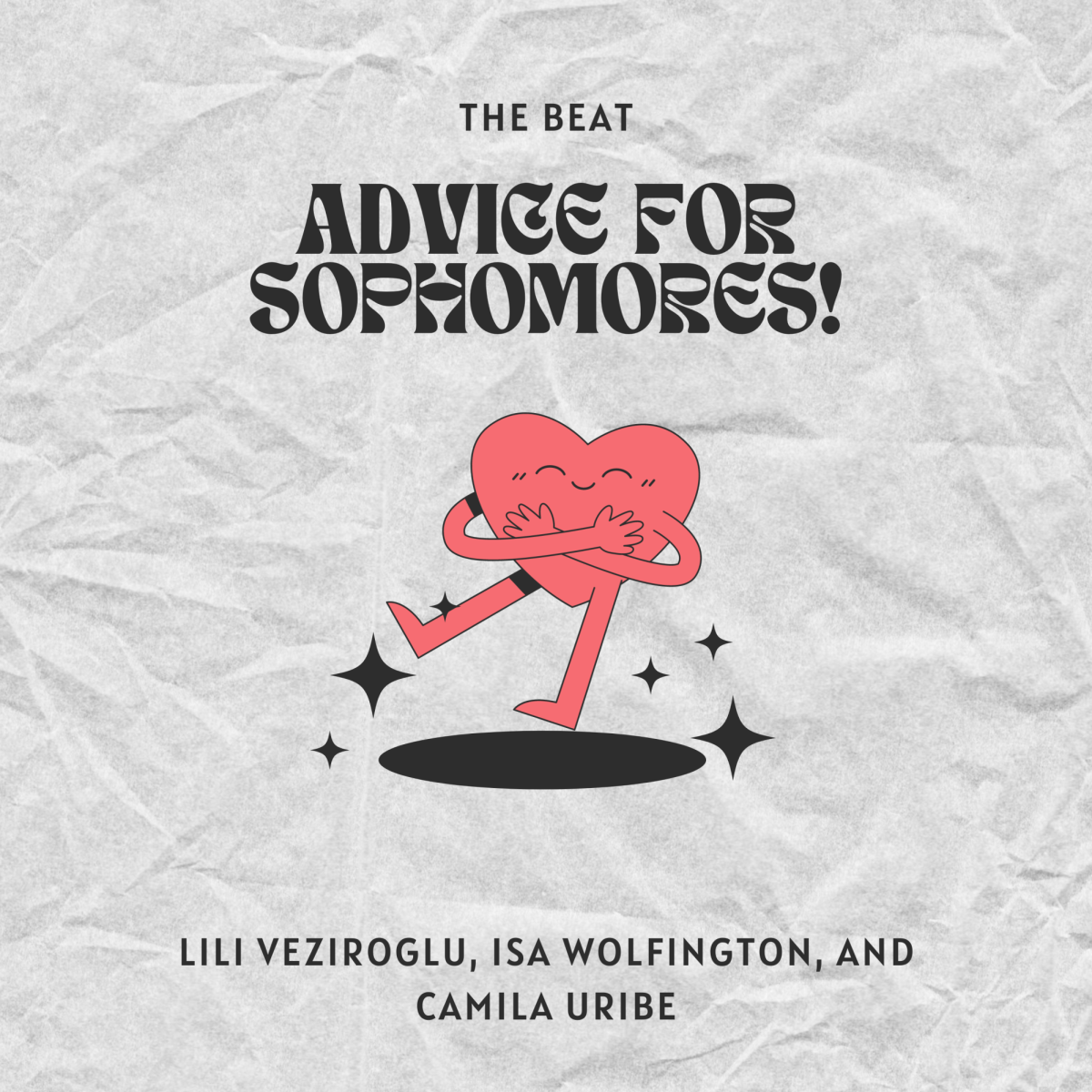



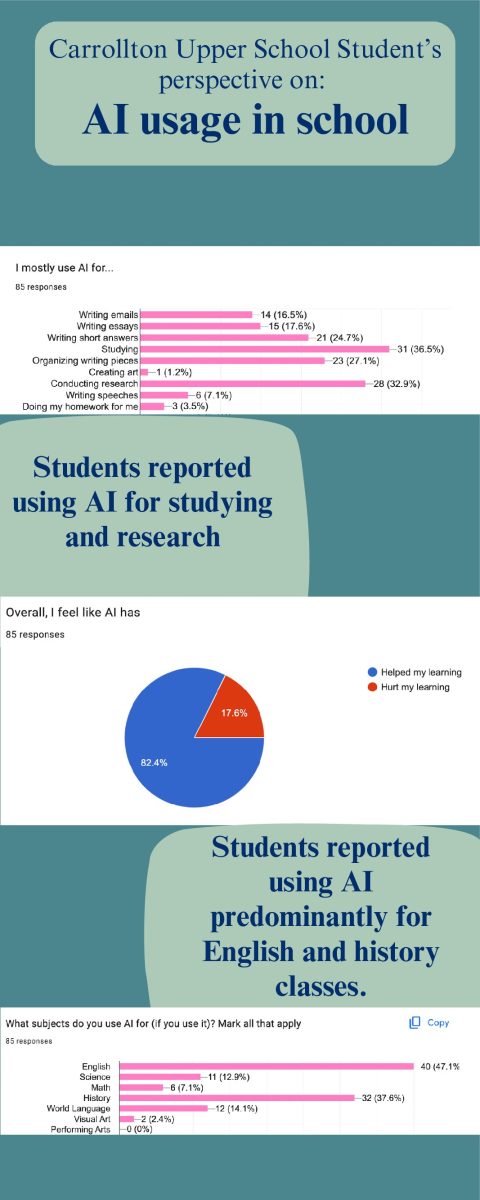
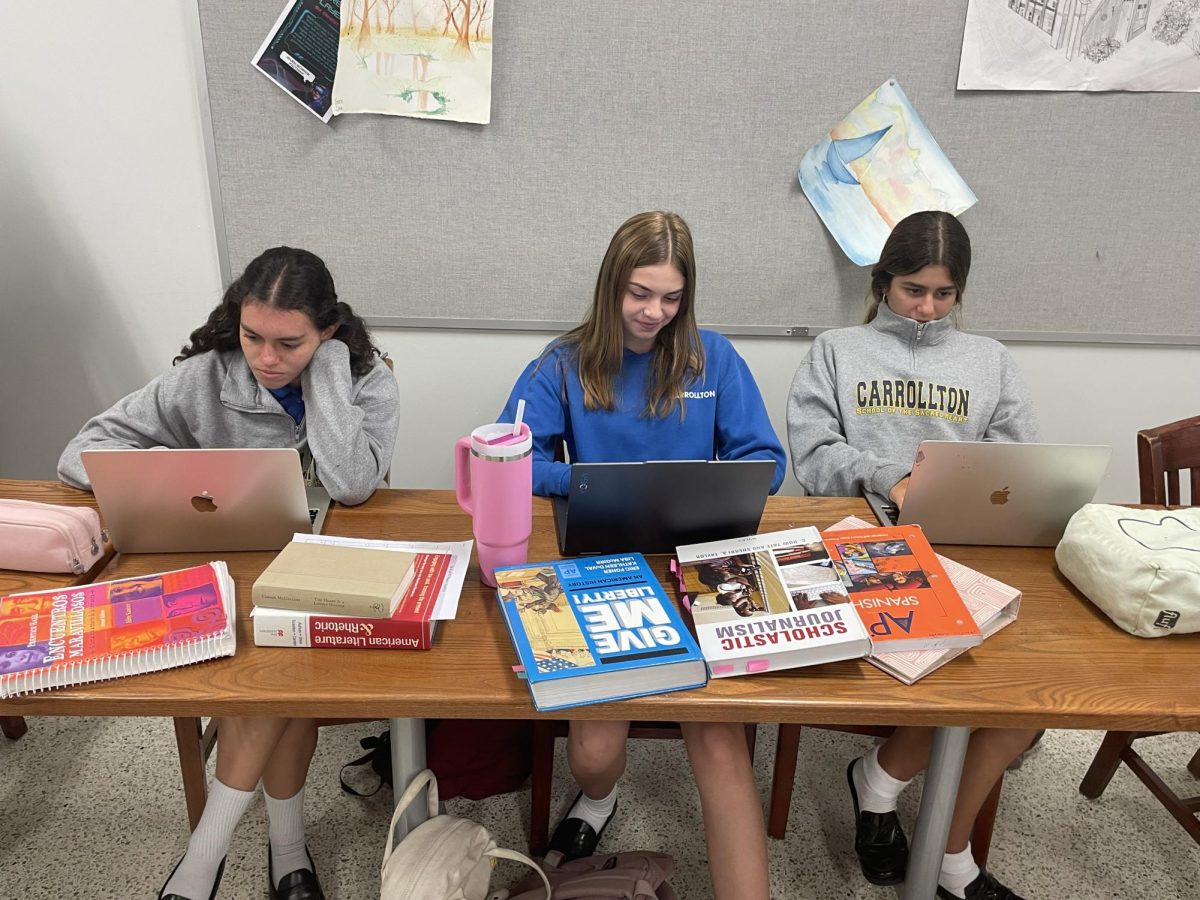

Gloria Sanchez • Jan 9, 2024 at 2:33 pm
It seems that AI has left students and teachers with more questions than answers.
Paola Consuegra • Dec 25, 2023 at 9:29 am
Great article! It’s a changing world.